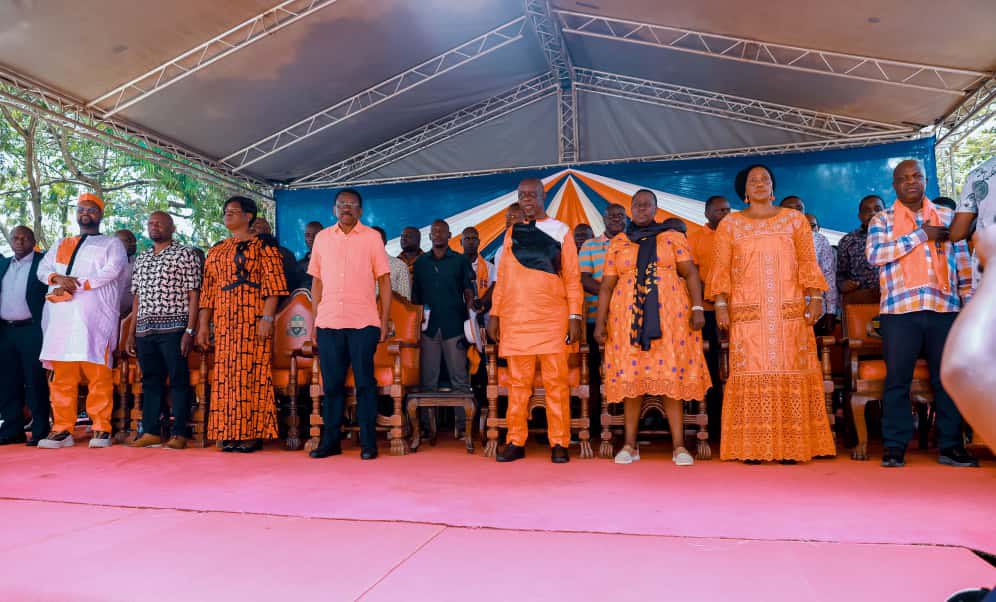The Orange Democratic Movement (ODM) is facing one of its most turbulent moments yet, as internal battles intensify over who will succeed Raila Odinga. The long-serving party leader’s anticipated transition to continental politics.
Several top figures, including governors, MPs, and long-time loyalists, are positioning themselves as Raila’s rightful political heirs. However, the growing divisions threaten to erode ODM’s identity and the democratic values that defined Odinga’s leadership.
Party insiders describe the situation as a “battle for survival,” with factions forming around perceived favorites. Some accuse the current leadership of abandoning Raila’s legacy of inclusivity, transparency, and people-driven politics in favor of self-preservation and regional power blocs.
The succession debate has also exposed cracks in ODM’s once-solid grassroots networks, as county leaders and youth groups demand a say in shaping the next chapter. Analysts warn that unless managed carefully, the post-Raila transition could weaken ODM’s national influence ahead of the 2027 elections.
As the party navigates this delicate moment, the question remains: can ODM reinvent itself without Raila, or will internal power struggles bury the very freedoms and rights he fought to protect?

